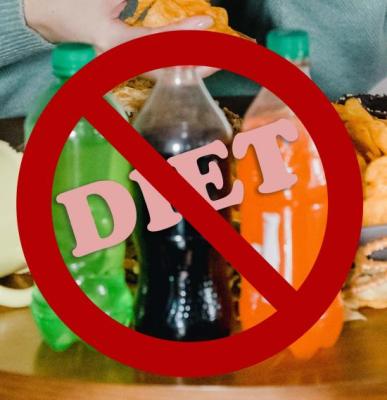Artificial Sweeteners Alter Gut Bacteria in Humans
When consumed for as little as two weeks, common alternatives to sugar affect intestinal bacterial communities, with some reducing the body’s ability to regulate blood glucose levels, a study finds.
It’s been almost a decade since Jotham Suez, a microbiologist at Johns Hopkins University, first started looking into artificial sweeteners and their health effects. In 2014, as a postdoctoral researcher at the Weizmann Institute of Science in Israel, he worked on a study in mice that suggested artificial sugar alternatives present in everything from lipsticks to toothpaste could lead to obesity and related health condition like diabetes and cardiovascular diseases.
Those early findings sparked controversy, says Suez. Though the study wasn’t the first time scientists had looked at the link between artificial sweeteners and obesity, it was the first one to detail a potential mechanism for it: The sweeteners changed the intestinal bacteria of mice, which play important roles in regulating metabolism, appetite, and fat storage.
“The food industry went ballistic because obviously this is a major threat,” says Robert Lustig, a neuroendocrinologist at University of California, San Francisco, who was not involved in the work. “They came up with a zillion reasons why the study was no good, particularly that it wasn’t in humans.”
See “Sweetened Drinks Linked to Higher Mortality Risk”
Now, working in the lab of Weizmann Institute of Science immunologist Eran Elinav, Suez and colleagues have taken an array of common artificial sweeteners—saccharin, sucralose, aspartame, and stevia—and filled that gap in the literature by testing them in humans. Their findings, described today (August 19) in Cell, suggest these sweeteners do indeed alter the gut microbiome, as was seen in prior mouse work. This, the researchers say, adversely impacts glucose tolerance, a measure of how readily the body moves sugar from the blood into muscle and fat, possibly leading to weight gain and diabetes.





















